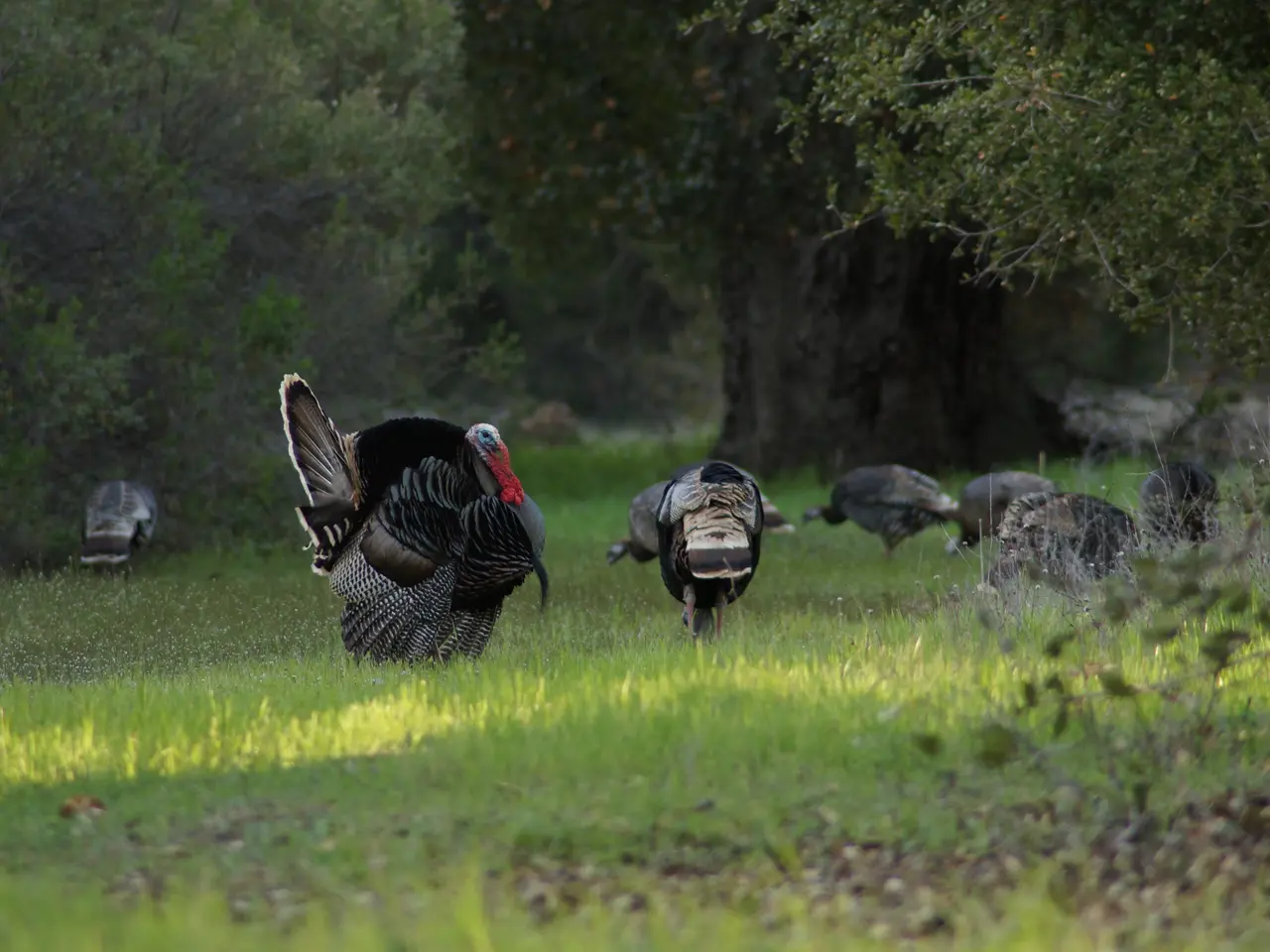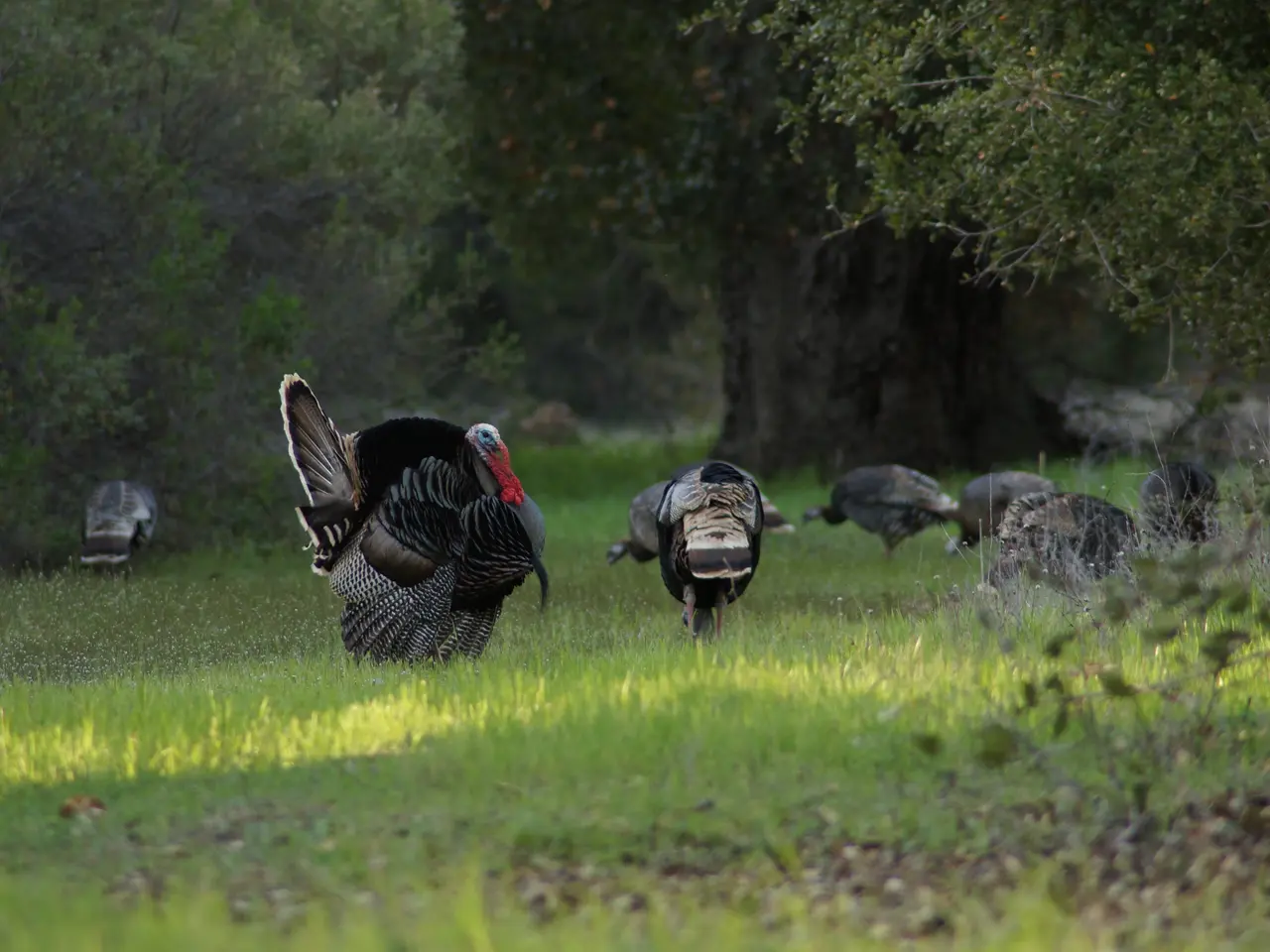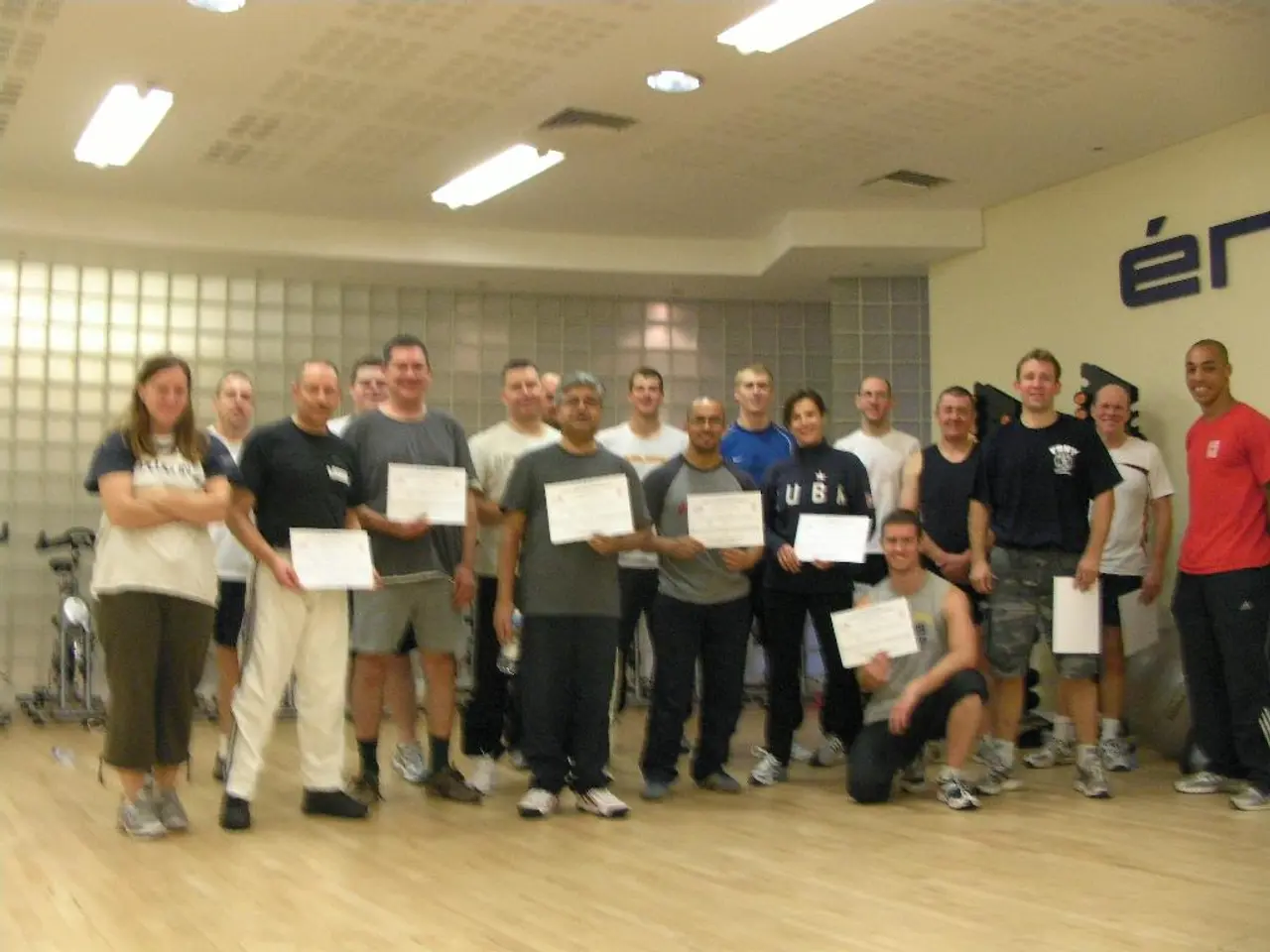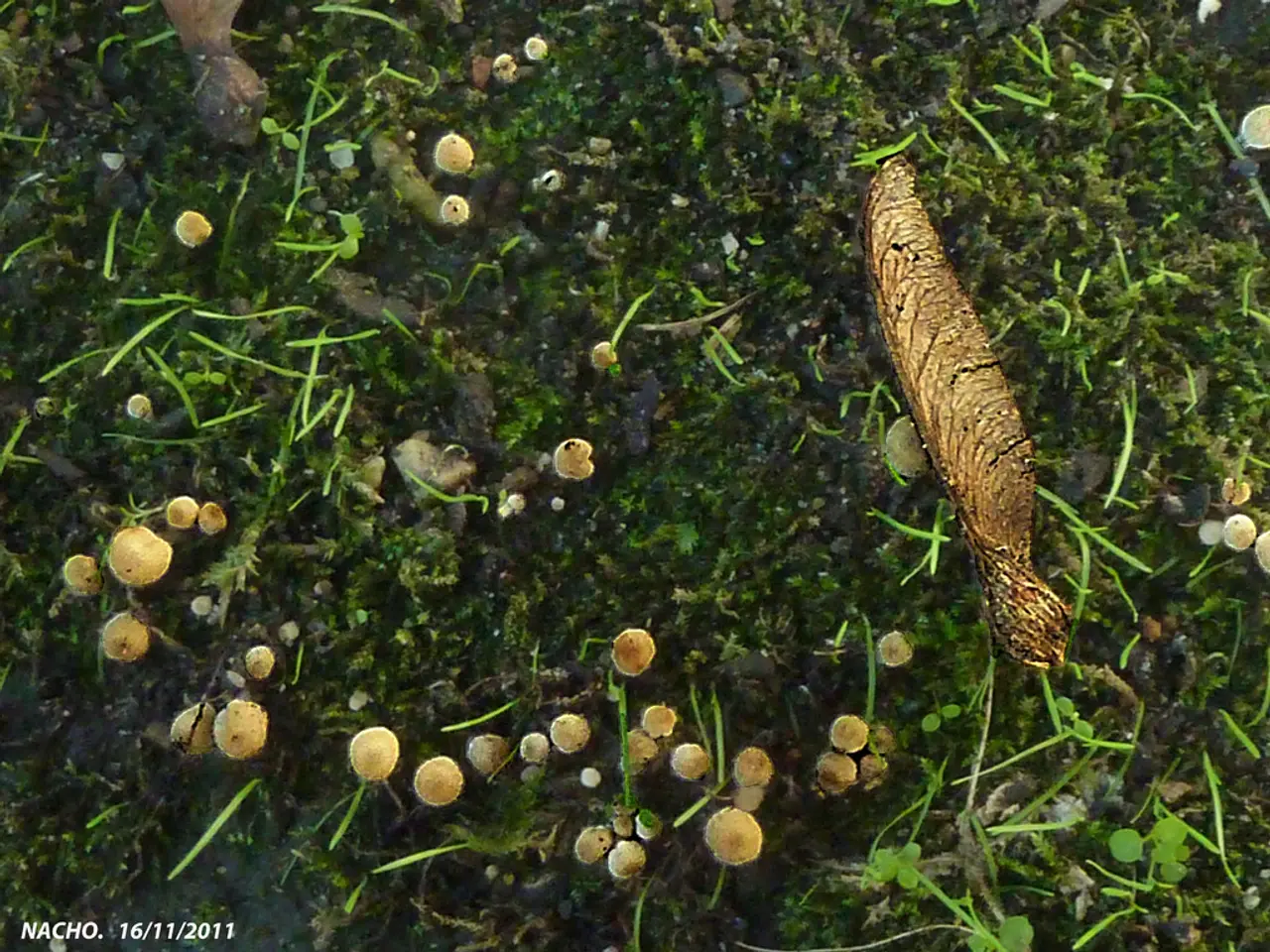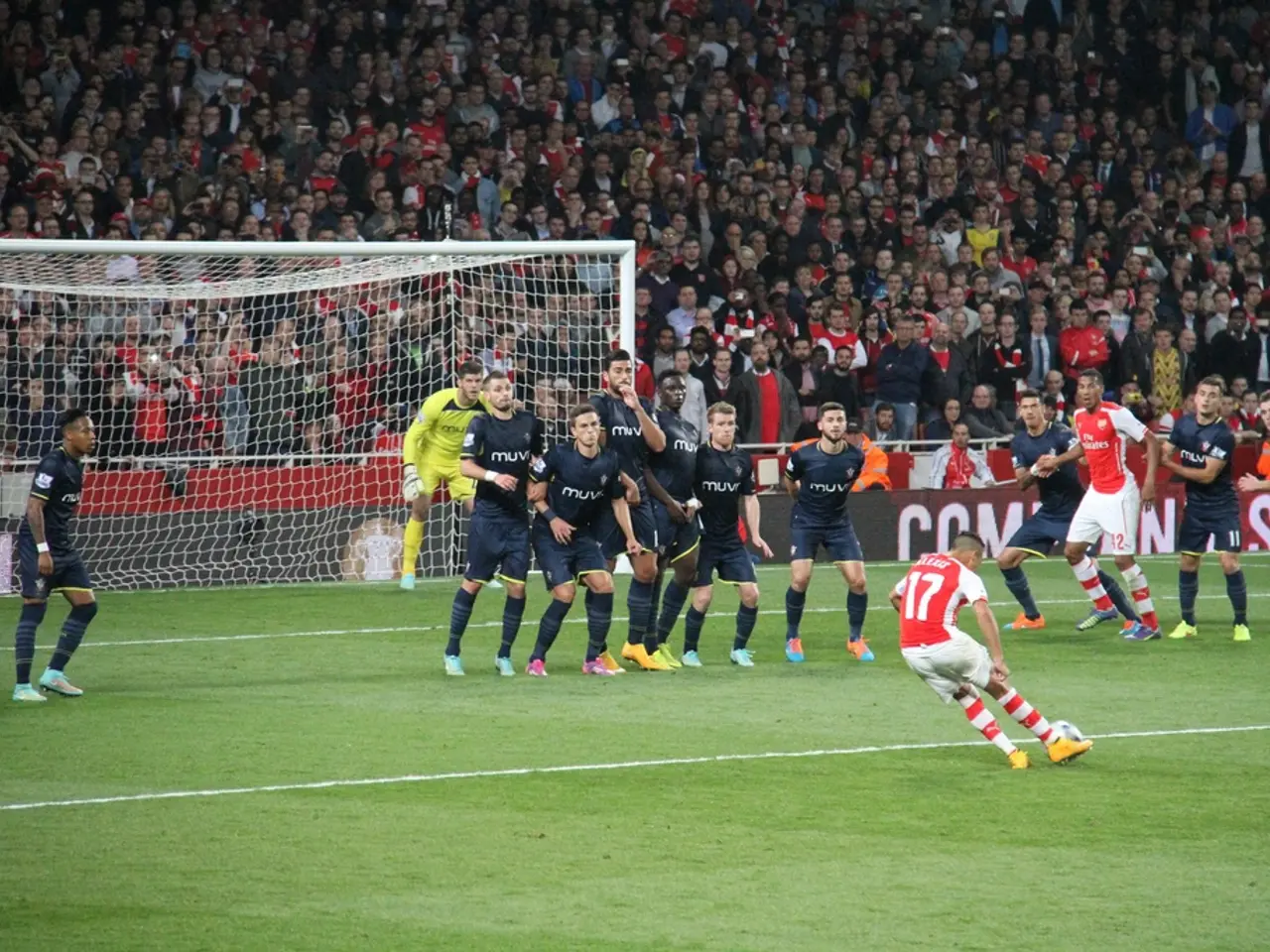Turkish government allegedly creates adversaries, as claimed by the opposition, to AFP
In the heart of Turkey, a political conflict between the ruling AKP and the opposition CHP has intensified, with the AKP taking a hardline approach against the CHP. This escalation has been marked by the arrest and detention of Istanbul Mayor Ekrem İmamoğlu, a prominent CHP figure, and a series of crackdowns on CHP members and municipalities [1][3][4].
The latest development in this power struggle came on March 19, when İmamoğlu was imprisoned in Marmara Prison in Silivri, facing charges ranging from graft to terror-related offences. His detention has become a symbol of the conflict and has sparked the country's largest street protests in over a decade [5].
The AKP's crackdown on the CHP has been relentless. Since İmamoğlu's arrest, Turkish authorities have detained 16 CHP mayors, including those in key districts of Istanbul, and replaced elected officials in at least three municipalities with government-appointed trustees [3]. This tactic, long used against Kurdish mayors, is now being applied against the CHP as well.
Burhanettin Bulut, a deputy leader of the CHP, has accused Erdogan's government of threatening the country's democratic foundations through these arrests and lawsuits. Bulut argues that supporting democracy and justice while appointing trustees is contradictory, and local consensus should be part of the process [6].
The CHP, despite the pressure and fear tactics, remains resilient. Despite the challenges, they expect to be the clear winner in the next election, expected by 2028 [7]. The party has sought to engage in the parliamentary commission on the Kurdish peace process to maintain political influence and ensure inclusive dialogue [2].
The AKP, on the other hand, has framed the CHP as the new political enemy since March 2025, leveraging this narrative to justify their crackdown on opposition forces and continue consolidating power amid challenging political dynamics [1][4].
Amid this political strife, CHP leader Özgür Özel faces lawsuits on alleged offenses such as "insulting the president" and vote-buying at a party congress, and there are reports of efforts to lift his parliamentary immunity so he could face prison [8]. Bulut has alleged that the crackdown creates a smokescreen for the real issues facing society, such as poverty, injustice, the erosion of democracy, and individual rights, which are pushed out of the public agenda [6].
The government recently claimed a historic breakthrough by overseeing the disarmament of the PKK, ending its decades-long campaign of attacks. However, the conflict with the CHP continues to dominate the political landscape in Turkey, with both sides showing no signs of backing down anytime soon.
- The escalating political conflict between the AKP and CHP in Turkey has extended beyond the realm of politics, with the situation drawing attention in general news, crime-and-justice, and war-and-conflicts categories.
- Businesses may be impacted by this ongoing political conflict, as policies and legislation related to the AKP's crackdown on the CHP and their members could impact Turkey's economic stability and international relations.
- As the government continues its hardline approach against the CHP, society might see an increase in social unrest and calls for policy changes to address the perceived threats to democracy and individual rights.
